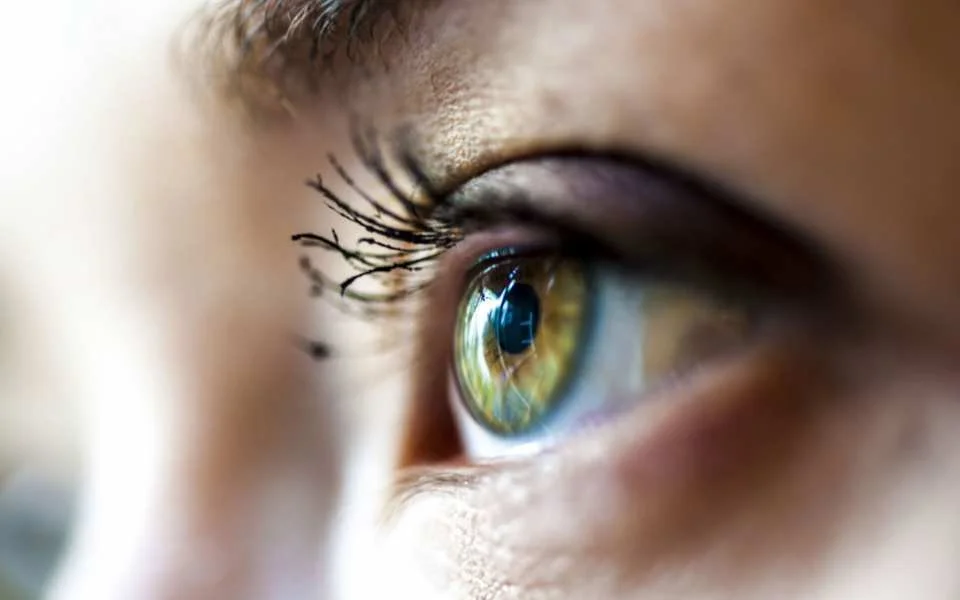Emotional Health – Why Friends and Social Connections are Good for your Health?
Christmas is the time for reunions, catching up with families, old friends, etc. It’s good because it shows why a few ‘drinks with the boys’ or ‘gossip (er I mean meaningful discussion’) with the girls’ is actually a great boon for your health & well-being.
Check out these fascinating facts.
1. Separated from their companions, individual amoebae (the most basic of life forms) immediately start to make their way back to the group.
2. If you separate (in water) the cells in a frog’s eggs early in the course of its development, the cells immediately begin to ‘move back towards each other’, eventually making contact again.
3. In a 10-year Harvard follow-up study of nearly 30,000 male health professionals, roughly half of the men reported belonging to large social networks – i.e that included
a spouse, a large number of friends or relatives, and/or community group involvement.
The other half of the men who were more ‘socially isolated’, however, were nearly 20% more likely to die from any cause (and 53% more likely to die from a heart-related cause)
than their more socially integrated peers.
Men who have a large number of friends, relatives and other social ties tend to live a longer, healthier life than their socially isolated peers.
* Note: Married men!
Married men reportedly had a lower risk of death from any cause and a greater than twofold reduced risk of death from accidents and suicides than their unmarried peers. Of course, some would say that when a man marries, his life is effectively over right then
(he’s as good as dead!), so it may actually be more a matter of definition!!!
4. What About Women:
Brown and his colleagues in the United Kingdom, conducted a series of studies investigating the incidence and prevalence of psychiatric disorders.
They found that the most potent protective factor against psychiatric illness in women (no it’s not genetic!), was the presence or absence of an intimate and confiding relationship with a husband or boyfriend. The key thing was where ‘feelings could be shared’. This was independent of whether or not sexual intimacy occurred.
* Looking at the shape of many of the husbands/boyfriends women have to put up with these days, I think having to be ‘sexually intimate’ with them, might actually be the ’cause’ of psychiatric illness.
SERIOUSLY – THE POINT:
Our urge toward being close to others of our own kind is rooted in our earliest beginnings.
Having strong ‘social ties’/ social connections (a good network of friends), is a ‘health & wellbeing factor’ that should be primary on your health checklist.
And, the opposite – social isolation – deserves as much attention (if not more) than any other risk factors for cardiovascular disease and other chronic ailments.
TIPS:
1. Appreciate that staying healthy is not simply a matter of good health habits (diet, exercise etc). Good friend(s) can help keep the doctor away.
2. Don’t judge yourself (how healthy you are being) merely in the ‘conventional ways’.
Realise that ‘having a few beers/wines’ at the pub with your mates, going shopping (gossiping) or ‘latte-ing’ with a girlfriend, staying up late to celebrate your friends birthday etc, are all great health-promoters…in moderation.
3. If you’ve moved recently or friends/relatives have moved away from you, and you feel somewhat isolated (are missing a strong network of friends etc), make that your priority (ahead of going for a jog, getting a massage etc). Join a club, join socialising networks, try the internet…whatever it takes.
SPECIAL TIPS:
1. Ring or visit one friend that you wouldn’t otherwise have contacted this week…just to say hello and see how they are doing.
2. Call someone who’s friendship you really value and just let them know how much you appreciate their friendship.
LAUGH OF THE WEEK – SPEAKING OF FRIENDS:
Two friends were walking through the woods when they thought they heard something.
They turned around and saw a big black bear coming towards them.
Both men started to run when one of them stopped to change into his running sneakers.
The second man said ‘You don’t have time to change shoes. You can’t outrun that bear!’
The first man said, ‘I know I can’t outrun the bear. I only have to outrun YOU!’
ARTICLE WRITTEN BY MARK BUNN
Mark Bunn is the Founder of Dharmic Living and author of the three-time best-selling ‘Ancient Wisdom for Modern Health‘.
Featured Articles
Topics
- Alcohol 1
- Allergies 1
- AntiInflammatory 2
- Arthritis 1
- Asthma 1
- Atkins 1
- Autumn 1
- Ayurveda 22
- Ayurvedic Medicine 12
- Ayurvedic Science 2
- Bad Breath 1
- Beer 1
- Blood Sugar 1
- Bob Roth 1
- Body Odour 1
- Breakfast 2
- Breathing 1
- Business 2
- Butter 1
- Caffeine 1
- Cancer 6
- Carbohydrates 2
- Cataracts 1
- Charcoal Water 1
- Cholesterol 3
- Coffee 1
- Cold & Flu 1
- Cooking 1
- DR JR Raju 2
- Daily Cycles 2
- Dehydration 2
- Dental 3
- Detox Drinks 1
- Diabetes 1
- Diet & Nutrition 44
- Dieting 2
- Digestion 9
- Direction 1
- Disease 1
- EMF 1
- Earthing 2
- Eastern Medicine 1
- Eating 1
- Eating Out 1
- Exercise 9
- Eye Health 1
- Fish Oil 1
- Flaxseed 1
- Food Quality 2
- Forest Bathing 1
































